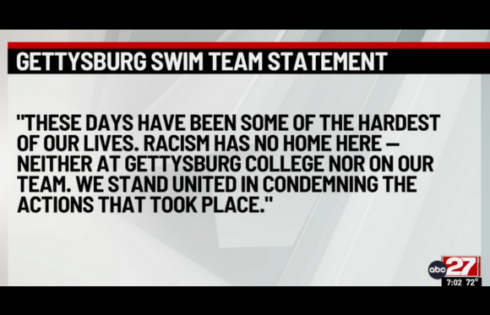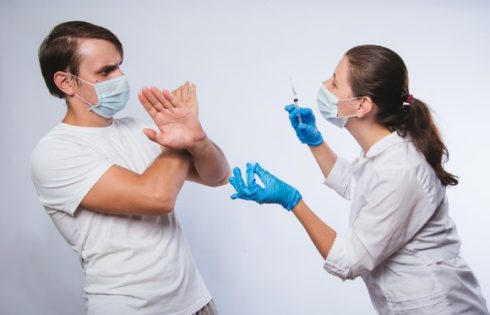Several law faculty at the University of Pennsylvania are already on record criticizing the school’s new sexual-assault policies and the federal government’s heavy-handed tactics to minimize due process for accused students.
Now a criminology professor is joining the chorus who thinks Penn has no business trying to achieve justice for either party – and that the new policies won’t address the fundamental problem, The Daily Pennsylvanian reports:
Professor of Criminology Emily Owens believes that the policies are too similar to civil legal procedures for a situation that demands criminal legal proceedings, and that Penn is not prepared to handle such serious problems as sexual assault.
“Sexual assaults are crimes. They’re state offenses. And the University of Pennsylvania is not a government,” Owens said. “It’s not obvious to me that the University is equipped to replace a criminal court.”
Owens also believes the policies should address the issue of underreporting. Among collegiate women between the ages of 18 and 24, only 20 percent of incidents are actually reported. Common reasons for not reporting assaults include knowing the assailant, believing that the process would be too costly and feeling like the incident is not serious enough.
“My biggest concern is about underreporting, and I don’t know that there is a right solution for Penn,” Owens said. “It’s a very hard problem to solve.”
The Daily appears to be referring to a Justice Department report from December. That report elaborates on reasons for not reporting alleged rapes (page 9):
Regardless of enrollment status, rape and sexual assault victimizations were more likely to go unreported than other types of violent crime (not shown). The [National Crime Victimization Survey] does not directly collect information about whether victims reported to other officials or administrators.
The reasons for not reporting a rape or sexual assault victimization to police varied somewhat between students and nonstudents. A greater percentage of nonstudent (19%) than student (9%) victims stated that they did not report to police because the police would not or could not do anything to help. Nonstudent victims were also more likely to state that they had reported to a different official. Student victims (12%) were more likely to state that the victimization was not important enough to report, compared to nonstudent victims (5%). About a quarter of student (26%) and nonstudent (23%) victims who did not report to police believed the incident was a personal matter, and 1 in 5 (20% each) stated a fear of reprisal.
That suggests nearly 2 in 5 students didn’t actually think they were raped, in the criminal sense – it wasn’t “important enough to report” or it was “personal.” And fewer than 1 in 10 blamed police for perceived inability to help.
Like The College Fix on Facebook / Follow us on Twitter
IMAGE: Donkey Hotey/Flickr





Please join the conversation about our stories on Facebook, Twitter, Instagram, Reddit, MeWe, Rumble, Gab, Minds and Gettr.